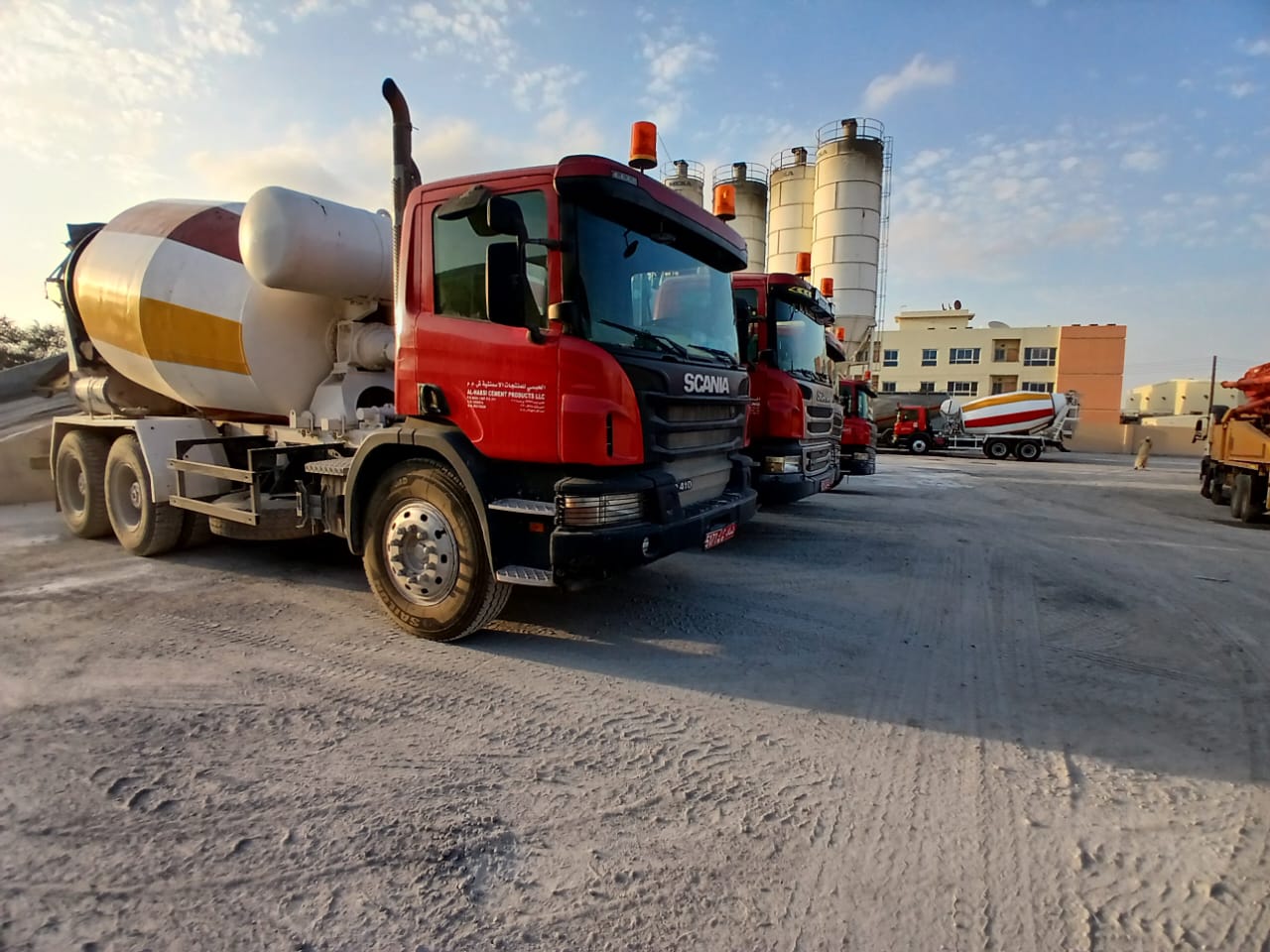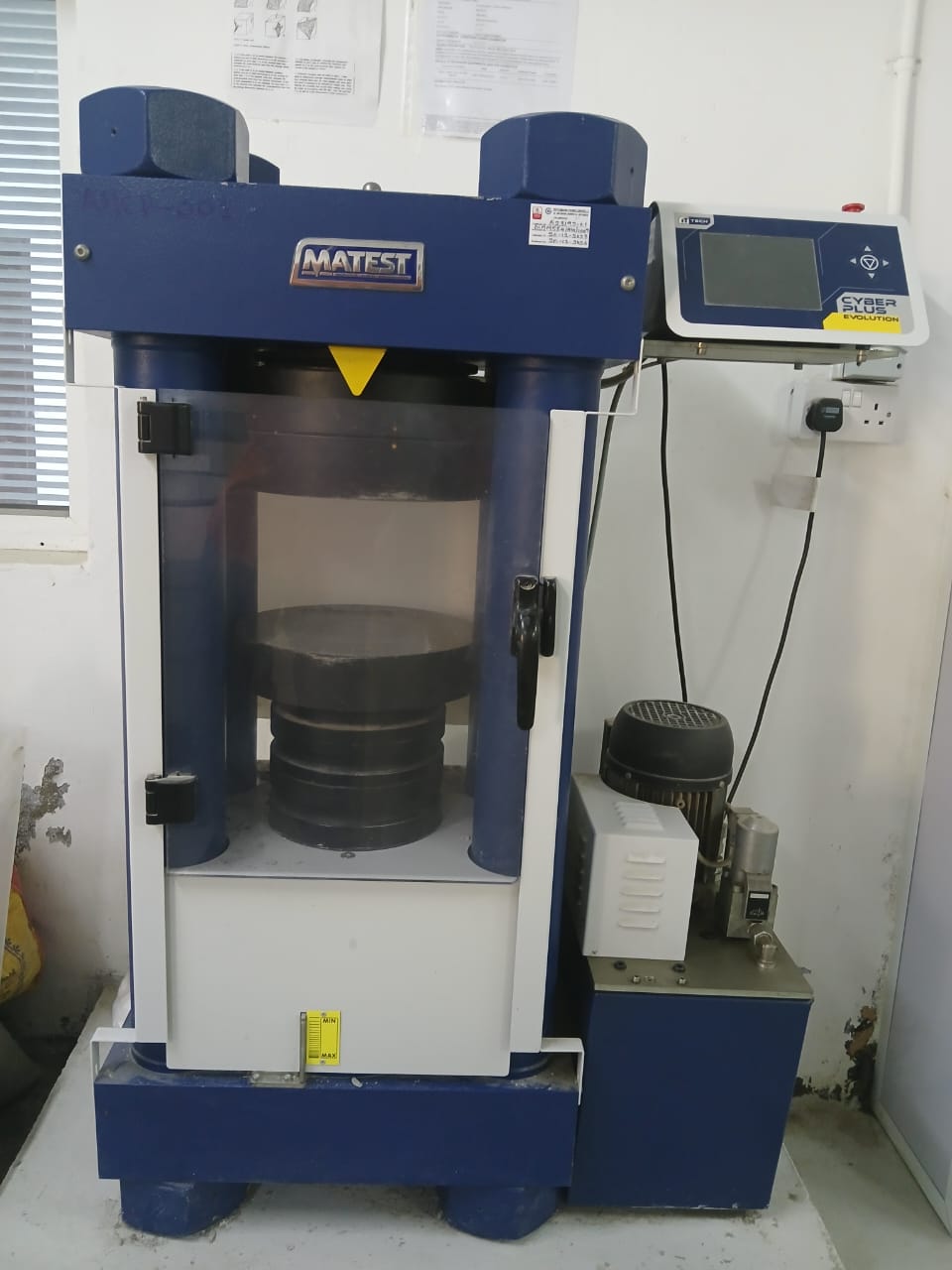Ready-Mix Concrete
Ready-mix concrete, also known as RMC, is a type of concrete that is manufactured in a batch plant according to a set engineered mix design. The mi...

Regular Inspections: Conduct regular inspections of each vehicle in the fleet to identify any potential issues or maintenance needs. These inspections should cover essential components such as brakes, tires, fluids, lights, and overall vehicle condition.
Scheduled Maintenance: Develop a comprehensive maintenance schedule based on manufacturer recommendations and industry best practices. This schedule should include routine tasks such as oil changes, filter replacements, tire rotations, and fluid checks.
Preventive Maintenance: Implement a preventive maintenance program to address potential problems before they escalate. This may involve replacing worn parts, lubricating components, and performing diagnostic tests to detect early signs of wear or malfunction.
Documented Maintenance Records: Maintain detailed records of all maintenance and repairs performed on each vehicle. This documentation helps track service history, identify recurring issues, and ensure compliance with regulatory requirements.
Training and Education: Provide training and education to fleet personnel on proper vehicle maintenance procedures, safety protocols, and troubleshooting techniques. Well-trained staff can help identify and address maintenance issues more effectively, reducing downtime and repair costs.
Utilize Technology: Invest in fleet management software and diagnostic tools to streamline maintenance operations and improve efficiency. These tools can help track vehicle usage, schedule maintenance tasks, and generate reports on fleet performance.
Emergency Response Plan: Develop an emergency response plan to address unexpected breakdowns or accidents. This plan should outline procedures for contacting roadside assistance, towing services, and repair shops to minimize downtime and ensure prompt resolution of issues.
Vendor Relationships: Build strong relationships with reliable vendors and service providers such as mechanics, auto shops, and parts suppliers. Establishing preferred partnerships can lead to faster turnaround times, discounted rates, and better service quality.
Driver Involvement: Encourage drivers to take an active role in vehicle maintenance by reporting any issues promptly and performing routine inspections before and after each trip. Drivers should also be trained to operate vehicles safely and responsibly to minimize wear and tear.
Continuous Improvement: Regularly evaluate and refine your fleet maintenance processes to identify areas for improvement. Solicit feedback from drivers, mechanics, and other stakeholders to implement changes that enhance efficiency, reliability, and cost-effectiveness.
AHCP strive to produce a superior and consistent product combined with exceptional customer service and timely delivery irrespective of the project size. We aim to be a completely flexible, professional organization that works hard to identify client requirements and provide a quality product as well as outstanding customer service to meet client needs.

Ready-mix concrete, also known as RMC, is a type of concrete that is manufactured in a batch plant according to a set engineered mix design. The mi...

Our quality is further enhanced since we mine and process a substantial quantity of aggregates in our crusher. Our aggregates are processed and ble...

We have established state of the art Quality control laboratory that oversees the development and testing of our mixes. Our well-equipped...

Regular Inspections: Conduct regular inspections of each vehicle in the fleet to identify any potential issues or ma...